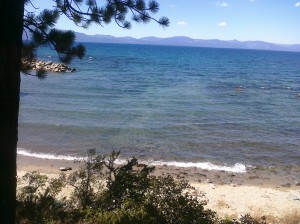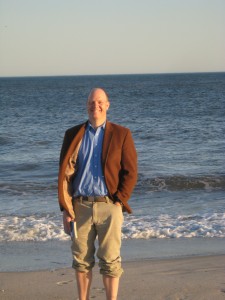Sleeplessness. Homer. Taut sails.
I have counted half the catalog of ships,
That caravan of cranes, the expansive host,
Which once rose above Hellas.
Like a caravan of cranes toward alien shores —
On princes’ heads godlike spray —
Where are you going? Without Helen,
What could Troy mean to you, Achean men?
Both the sea and Homer — all is moved by love.
To whom shall I listen?
Now Homer falls silent, and a black sea,
Thunderous orator, breaks on my pillow
With a roar.




